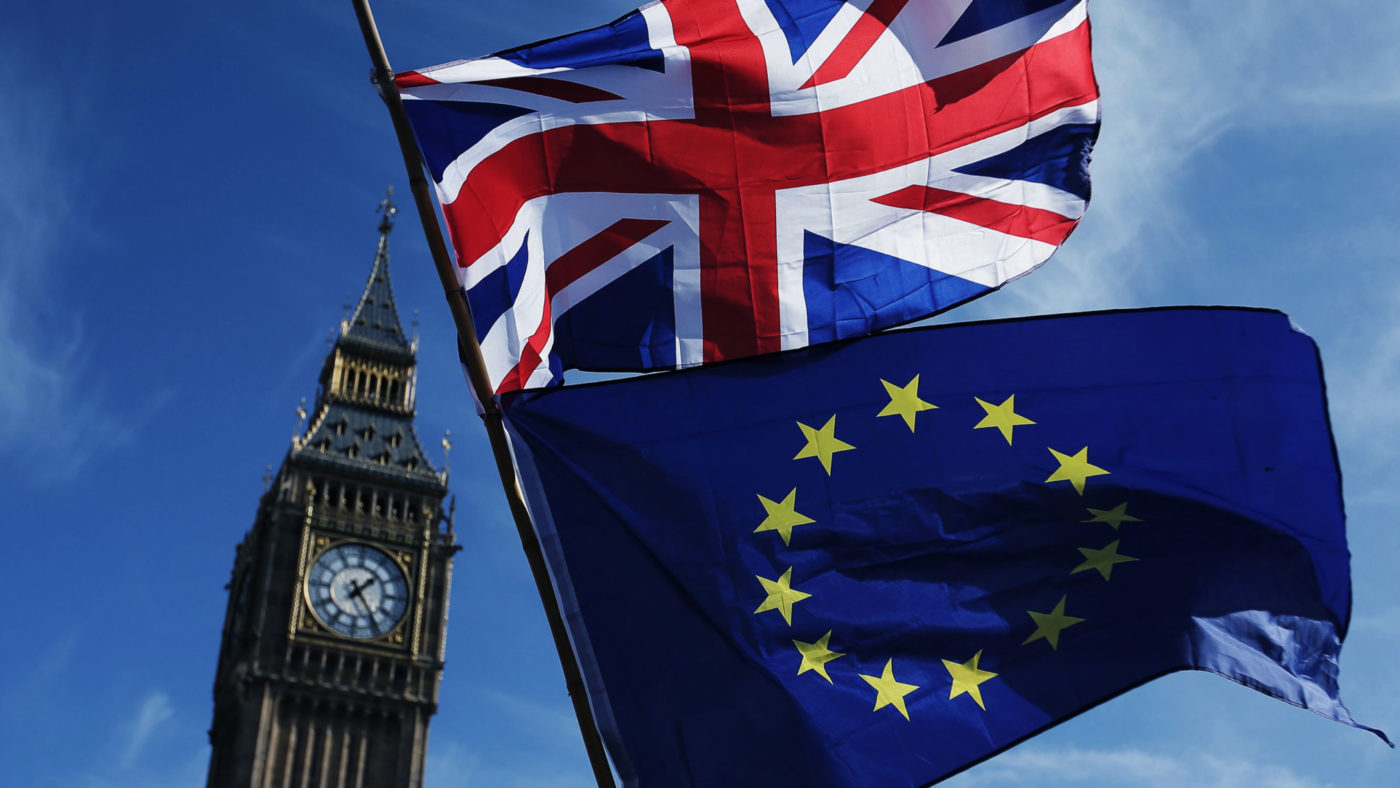A clean Brexit, with the UK leaving the Customs Union, will allow living standards to soar. By divorcing the UK permanently from the European Union, the Government will be well positioned to save the average family hundreds of pounds a year.
Inside the Customs Union the UK is required to accept an EU-administered, unified, tariff policy. Leaving the EU and setting tariff levels independently, will see substantial savings for British households.
By abolishing certain tariffs, the cost of everyday goods such as food, clothing and alcohol could see significant reductions. For Britain’s “just about managing”, the result would be big increases to their disposable incomes.
Remain-supporting corners continue to propagate the idea that leaving the EU means more expensive of food. Economist Professor Patrick Minford and Economists for Free Trade have worked extensively to dispel this myth.
Minford’s research demonstrates that in reality, the Europe’s protectionist Customs Union drives up the cost of essentials, and forces Britons to pay far more than they need to. With EU tariffs as high as 50 per cent on certain foodstuffs, and 20 per cent on clothing, paying global prices as opposed to artificially inflated EU prices would save hard-pressed families hundreds of pounds a year.
At the Government’s discretion, hundreds of tariffs could be abolished, and the price of everyday consumer goods reduced, as we no longer need to harm British consumers to ensure the viability of European agriculture.
By being selective over the tariffs it abolishes, the Government would reduce costs to British consumers while minimising the impact on British producers.
In addition to reducing the domestic cost of living, such an approach would also strike a significant blow against global poverty. To many of the world’s poorest, the Customs Union represents punitive tariffs, which keep the lucrative European market closed to them.
The Customs Union exists to protect European industries, to the detriment of the developing world, as well as the British consumer. Serving to discourage global trade – and exacerbating the poverty suffered by millions at home and abroad – the Customs Union must be something the UK puts behind it after Brexit.
Once Britain has left, it will be free to strike international trade deals, and for the cost of everyday essentials to fall. Trade with long neglected developing countries – many of whom are part of the Commonwealth – could be encouraged once more. While there is no “silver bullet” in the fight against poverty, opening up Britain to the global economy would create jobs and wealth across the world – likely doing far more good than our current attempts with foreign aide.
Then there is the benefit to the British economy of the freedom to get rid of costly regulations imposed by Brussels. According to research by Open Europe, once Britain has left the EU, “politically feasible” deregulation could save as much as £12.8 billion annually, while the total cost of just 100 regulations alleged to be in excess of £33 billion.
Freedom from the EU’s jurisdiction means EU regulations would only apply to exporters, as is standard trading practice. For the vast majority of firms – many of which do not even trade outside 10 miles of their own base, but are forced to comply with EU Directives – a weight will be lifted from around their necks, saving them this cost of compliance.
This reduction in regulations would be a significant victory for small businesses, which struggle the most with this burden. Reduced compliance costs would also help to stimulate the economy. This may well be passed onto consumers through lower prices, or could cause a boom in investment and job creation, as firms’ costs come down and entrepreneurship becomes more attractive.
On a more controversial note, by virtue of leaving the EU, the Government will no longer have a straw man they can beat with a stick over immigration. Without this scapegoat, it will be forced to confront its failure to control net migration or face the wrath of the electorate.
While immigration may overall be a net positive for the economy, many at the bottom have seen their wages depressed due to the scale of immigration in recent years.
Once outside the EU, there can be no excuse for failing to control this, and by reducing net migration at the bottom end of the workforce the wages of the poorest will begin to organically rise once more.
A fall in net migration would also ease the pressure on housing. With too few homes being built at the moment, a reduction in the speed at which the population increases will help to combat price rises.
Handled properly, Britain’s departure from the EU and its protectionist Customs Union will mean cheaper food, rising wages and a possible end to excessive house price rises, all of which would add up to a higher standard of living thanks to Brexit.


